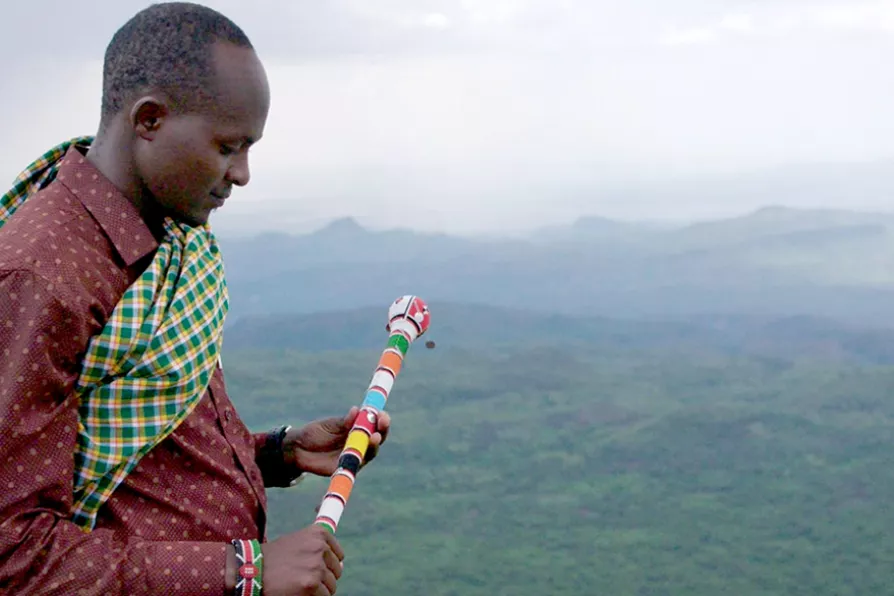Climate activist and writer JANE ROGERS introduces her new collection, Fire-ready, and examines the connection between life and fiction

 The Battle for Laikipia
[IMDb]
The Battle for Laikipia
[IMDb]
The Battle for Laikipia (12A)
Directed by Daphne Matziaraki & Peter Murimi
THE complicated legacy of British colonialism and the ravaging effects of climate change in Kenya are explored in this compelling documentary which sees white settlers clash with indigenous pastoralist tribes for survival.
Shot over five years since 2017 in Laikipia, the film follows a number of ranchers and conservationists as well as pastoralists as they are faced with a never-ending drought which causes growing tensions and an escalation of violence. The ranch owners, who own tens of thousands of acres in land each, find the pastoralists’ herds of cattle and goats feeding on their property illegally. Some call the police who shoot dead the animals. A herder is also found murdered while tribesmen find a burnt-out hut with human remains inside in a horrific scene.
Following the independence of Kenya in 1963 whole tribes faced forced resettlement outside their traditional homes and thousands were killed. Their lands were given to British settlers and more than 60 years later they are owned by fourth-generation former Brits who are now Kenyans. Meanwhile the pastoralists believe it is their land and with a general election looming at the time of filming one opposition candidate is vowing to fight to get them their land back. This results in brutal attacks on ranches including setting fire to them.
Film-makers Daphne Matziaraki and Peter Murimi deliver a complex and nuanced character-driven documentary which makes no judgements but sets out the issues and concerns on both sides of the conflict.
Some of the farm owners show their white privilege and their lack of empathy and understanding. One of the female rancher’s young son is particularly gung ho and racist.
It does beg the question of why they don’t try to resolve their shared problems simply by allowing the Samburu herders’ cattle to graze on their pastures during the drought.
The Kenyan landscape is also a prominent character in this film and looks absolutely stunning along with the wildlife.
The documentary outlines how racial injustice, the effects of British colonialism and the climate crisis intersect to create the perfect storm.
In cinemas October 4.

The Star's critics ANGUS REID, MICHAL BONCZA and MARIA DUARTE review Hot Milk, An Ordinary Case, Heads Of State, and Jurassic World Rebirth













